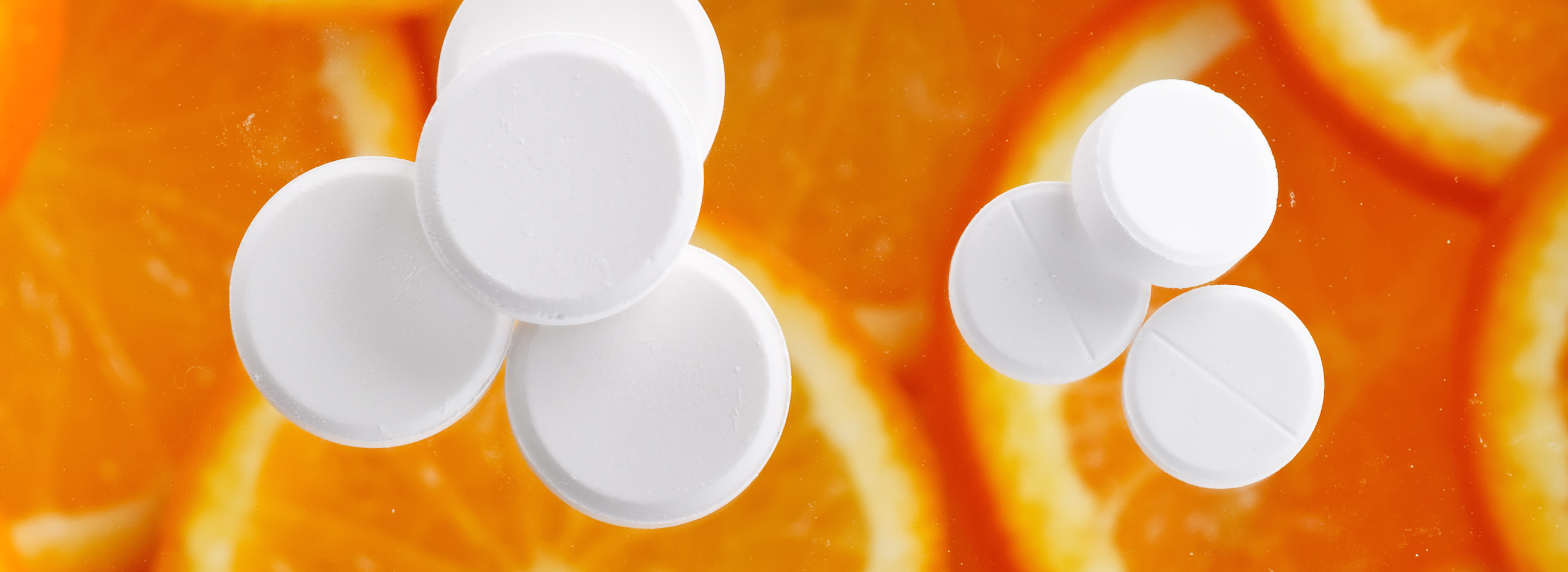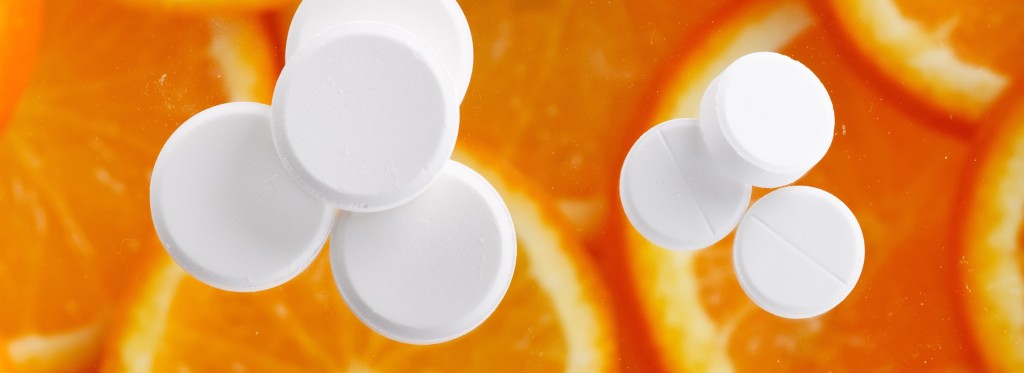It is commonplace to have people over 60 come in to my office and be taking an Aspirin a day for cardiovascular concerns. That was recently questioned in an article in the 19 June 2012, Vol. 156. No. 12 Annals of Internal Medicine. Christopher M. Rembold, MD concluded that Aspirin for primary prevention reduces nonfatal myocardial infarction but not coronary heart disease or cancer mortality; risk for bleeding is increased, however.
Often that bleeding is centered in the gut, can damage the gastrointestinal tract and may lead to death.
Well, new research points to vision and hearing problems from Aspirin use. 4,926 participants between the ages of 43 and 86 years old were asked if they used Aspirin at least 2 times per week for more than 3 months 10 years prior. There was a 75% increase in age related macular degeneration compared to the control group. Now imagine taking Aspirin every day for decades. Hmm, not my first choice.
What about hearing? A study from Department of Medicine, Brigham and Women’s Hospital in Boston, MA, concluded in 2010 an, “independent association between self-reported professionally diagnosed hearing loss and regular use of aspirin, nonsteroidal anti-inflammatory drugs and acetaminophen.
Other Options:
The touted benefit of Aspirin is that it thins the blood. This inhibits platelet cells from forming blood clots. Natural blood thinners in foods work to decrease C-reactive protein levels and inflammation in your blood. This increases blood flow and decreases blood pressure. Aspirin-like substances also block vitamin K absorption.
Here is a list of items that will help thin your blood:
SPICES
| Curry Powder
|
Cinnamon
|
Dried Dill | Oregano |
| Cayenne Pepper
|
Turmeric
|
Rosemary | Thyme |
| Ginger
|
Peppermint
|
Mustard | Aniseed |
| Cumin | Paprika | Garlic | Fenugreek Powder |
VEGETABLES AND NUTS
| Broccoli | Cucumbers | Okra | Squash |
| Sweet Potatoes | Green Peppers | Radishes | Zucchini |
| Olives | Mushrooms | Fava Beans | Sweet Potatoes |
| Cabbage | Almonds | Pine nuts | Cooked Tomatoes |
FRUITS
| Strawberries | Blueberries | Blackberries | Apricots |
| Cantaloupe | Granny Smith Apples | Avocadoes | Cherries |
| Red Grapes | Pomegranate | Oranges | Pineapple |
Omega-3 fatty acids also help decrease platelet aggregation and can be found in:
| Fish Oil | Walnuts | Pumpkin Seeds | Flax Seeds |
You be the judge!


